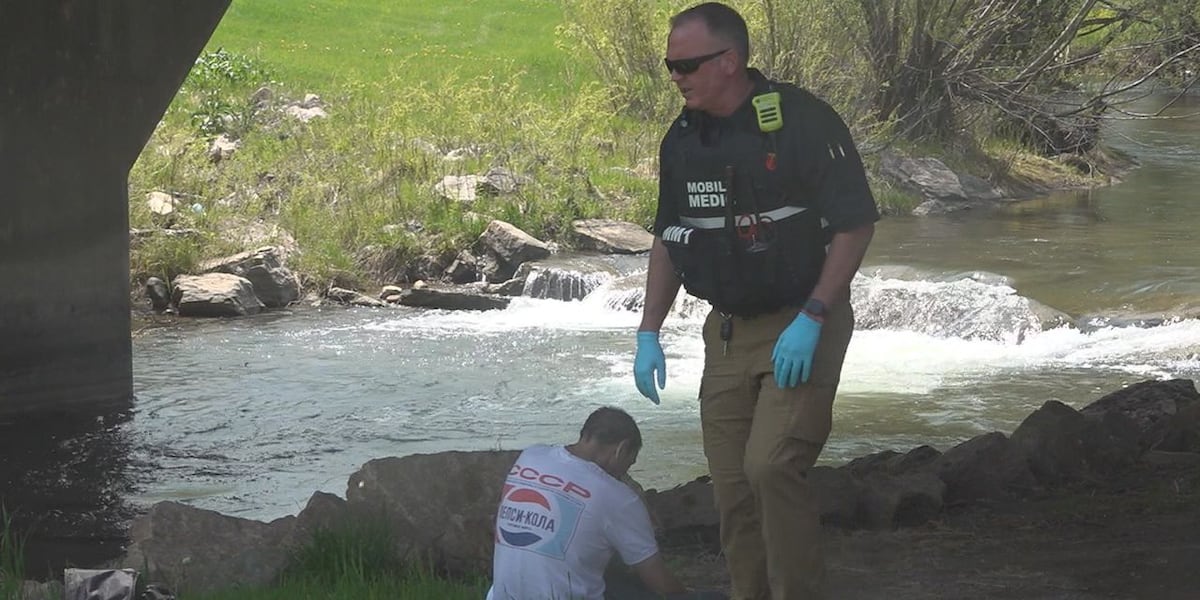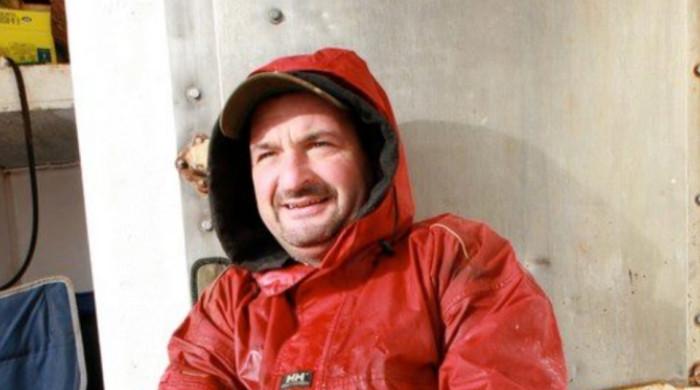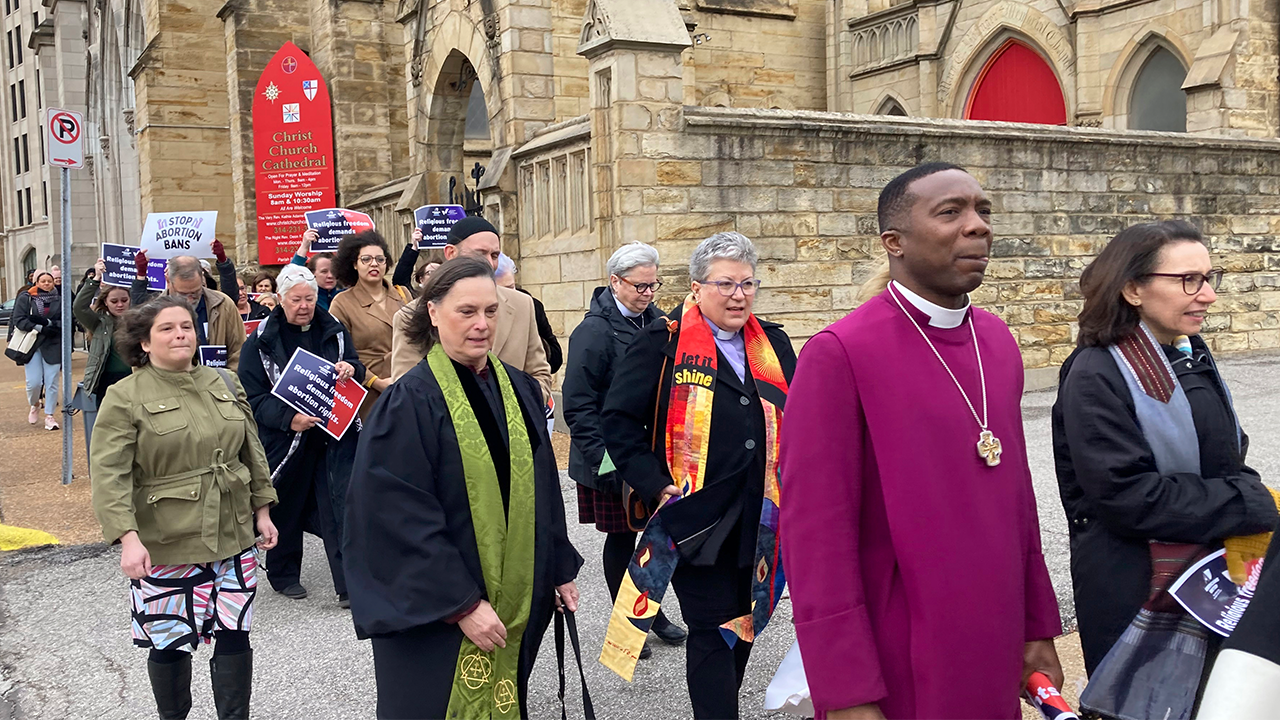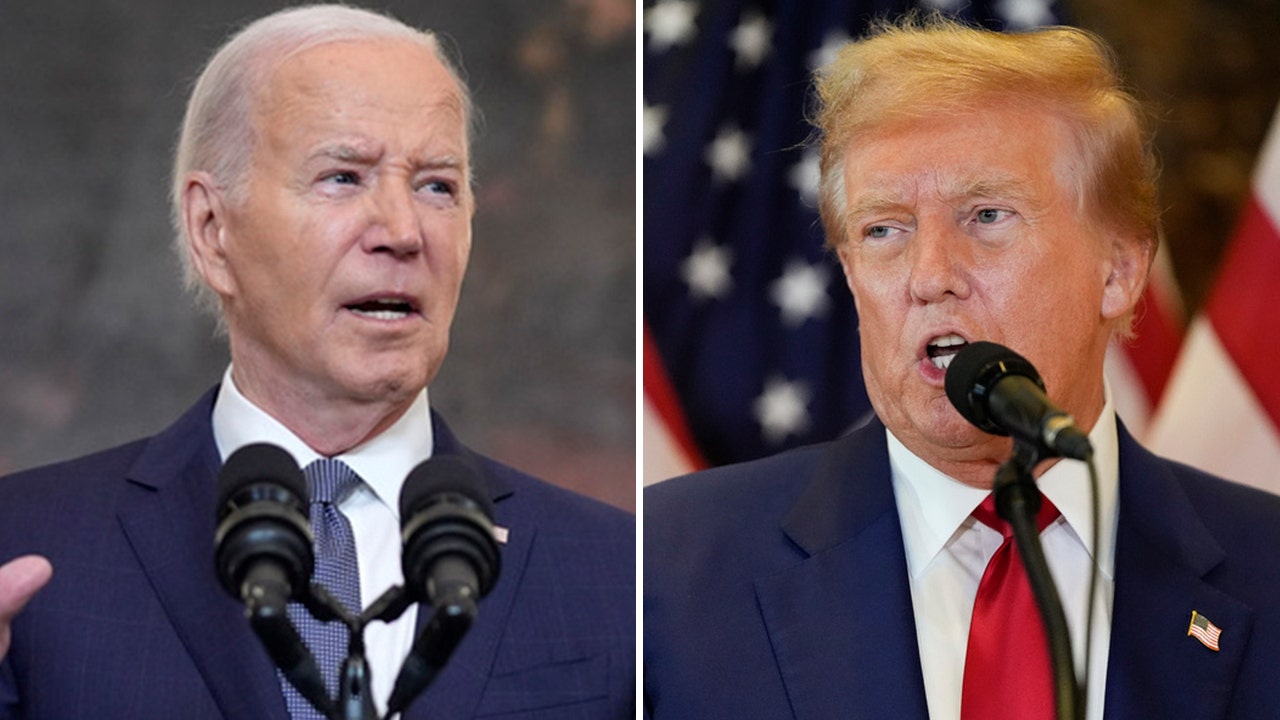Continue to check WAVY.com for updates.
Virginia
First Monopile Installed at Dominion’s Virginia Offshore Wind Farm

The first of the 176 monopile foundations for Dominion Energy’s 2.6-gigawatt Coastal Virginia Offshore Wind has officially been installed. It is the start of offshore work for the massive project which so far is the largest undertaken in the United States.
Installation work for the foundations is underway using DEME Group’s heavy lift vessel Orion, which was previously used for the Vineyard Wind Farm off Massachusetts. Orion had just completed the installation of 29 monopiles at the Moray West wind farm in Scotland before arriving at the Port of Norfolk, Virginia around the beginning of the month.
The massive vessel has a capacity of up to 30,000 tons with payload and is handling six of the Virginia monopile foundations at a time. The loadouts of the monopiles, which DEME reports each weigh about 1,500 tonnes, are taking place at the Portsmouth Marine Terminal, where Dominion began staging the first foundations in October 2023.
“This is a monumental day for the Coastal Virginia Offshore Wind team, who have worked tirelessly to keep this project on budget and on schedule to provide our customers with reliable, affordable, and increasingly clean energy,” said Robert M. Blue, Dominion Energy’s chair, president and chief executive officer.
The installation work is happening approximately 29 miles off the Virginia Beach coast and will continue till November 1. Work will be paused till May 1, 2025, to protect the migrating, endangered North Atlantic right whale.
DEME’s Orion is using its Vibro Hammer and Impact Hammer technology to pile drive the foundations. They are also employing the use of bubble curtains – perforated hoses that have air pumped through them – to create a wall of bubbles around the monopiles during installation to reduce soundwaves underwater.
At the same time, the second stage transition pieces have begun to arrive in Virginia. DEME reports it will begin installation of transition pieces later this year. The pieces will be transferred out to the site aboard Jones Act-compliant barges to meet the U.S. requirements and enforcement of the Jones Act on the offshore wind industry.
DEME reports working with consortium partner Prysmian they will also be working with both the export and inter-array cables. Other vessels will also join the project site for the installation of three offshore substations and scour protection
Dominion continues to emphasize that the project remains on budget and on schedule with construction expected to conclude in late 2026.
Later stages of the installation project will be conducted with Dominion’s newly built wind turbine installation vessel Charybdis, the first of her kind built in the U.S. and to be Jones Act compliant. The vessel was recently floated at the shipyard in Texas, and Dominion is denying reports in the Connecticut Examiner that the vessel is behind schedule. The newspaper reports that Ørsted which had hired Charybdis for installation work at its Revolution Wind and Sunrise Wind projects has canceled the contract telling the Examiner it has found an alternate vessel.
Dominion told the paper this means that Charybdis will be available when they need it to progress work at the Coastal Virginia wind farm. The Bureau of Ocean Energy Management reports the vessel is expected to be delivered from the Seatrium AmFELS shipyard in Brownsville, Texas by early 2025.

Virginia
Federal grant to help organization boost awareness on recycling in Virginia

PORTSMOUTH, Va. (WAVY) — The U.S. Environmental Protection Agency, or EPA, has awarded a $1,965,525 to the askHRgreen.org public awareness initiative to bolster its “Start Smart, Recycle Right” recycling education and outreach program in Hampton Roads.
The grant is part of the federal Bipartisan Infrastructure Law, which includes a component to expand recycling infrastructure and education for waste management systems, a release states. The EPA grant will help amplify recycling awareness, educate residents on the benefits of recycling and improve access to recycling information.
“Our region, like so many others, needs a culture shift in recycling behavior, and the EPA grant will help us elevate our ‘Start Smart, Recycle Right’ message to help residents understand what is and is not recyclable locally,” said Katie Cullipher, HRPDC Principal Environmental Education Planner and a team leader of the askHRgreen.org initiative. “With this funding, we’ll work on streamlining messaging and making the information more accessible to all residents of Hampton Roads.”
Virginia
Column: FBI Norfolk, Virginia State Police continue fight against hate crimes

More than two decades ago, a University of Virginia student found her voice by being silent. Maria Pulzetti created a “Day of Silence” in 1996 because she felt the concerns, fears and safety of LGBTQ youth were being ignored and silenced by school leaders and other adults. A year later, more than 100 institutions were hosting their own “Day of Silence.” One student’s simple action to be heard became an invaluable means of amplifying the voices and struggles of thousands nationwide.
How many others living, working, studying or visiting Virginia, and who identify with a marginalized population, also feel silenced? It is here, within the vacuum of reticence, that perpetuates most of the hate crimes at the forefront of local, state and federal law enforcement’s concern.
From hate crimes against Black community members, to Asian Americans during the height of the COVID-19 pandemic, to those identifying as LGBTQIA+, to those struggling with the ongoing conflict in Gaza, victimization is a daily reality for far too many individuals. While each case and a perpetrator’s intent may vary, hate crimes are typically committed based on a victim’s perceived or actual: race, color, religion, sexual orientation, gender, gender identity or disability.
Data shows that most hate crimes reported to the FBI Norfolk Office and Virginia State Police Bureau of Criminal Investigation’s Chesapeake Field Office result from racial bias. However, we recognize that even the best data does not paint an accurate picture of the problem. Hate crimes are too often underreported for a variety of reasons, but in large part due to a mistrust in law enforcement or the idea that justice may never be served even if a victim was to come forward.
This is why effective community outreach is a key priority for the FBI Norfolk Office and state police. While our agencies are aggressively investigating those committing hate crimes across the region, our special agents and leadership are just as active engaging with residents and listening to their needs. You can find our FBI agents participating in community roundtables, such as the one hosted in Suffolk in March, and honoring community leaders, such as Dr. Anthony Sandifer and the 200+ Men Inc., for the incredible differences they are making in the lives of others. State police personnel are routinely providing safety presentations in schools and churches across the Hampton Roads and Tidewater regions to overcome the gaps of mistrust and misunderstanding.
We value every opportunity to meet our marginalized communities where they are at, understand their adversities, respect their needs and provide them with the security and justice they rightfully deserve. We also realize that we cannot meet or connect with every individual who needs us. If you or someone you know is a victim of a hate crime, please contact the FBI at 1-800-CALL-FBI, or file a report with the Virginia State Police by dialing #77 on a cell phone anywhere in the commonwealth. Reaching out to us is how we bring criminals to light and justice to the deserving.
No one should be made to fear for their safety or to speak up because of where they were born, what they look like, how they choose to identify, or who they worship or don’t. Just as Maria Pulzetti’s “Day of Silence” does not end quietly, neither will we — the FBI or Virginia State Police — in our pursuit to ensure that those who deserve to speak are heard, understood and kept safe.
Brian Dugan is special agent in charge of FBI Norfolk. Capt. Tim Reibel leads the Virginia State Police Bureau of Criminal Investigation’s Chesapeake Field Office.
Virginia
Public Sector Workers in Virginia Schools Win Collective Bargaining Rights
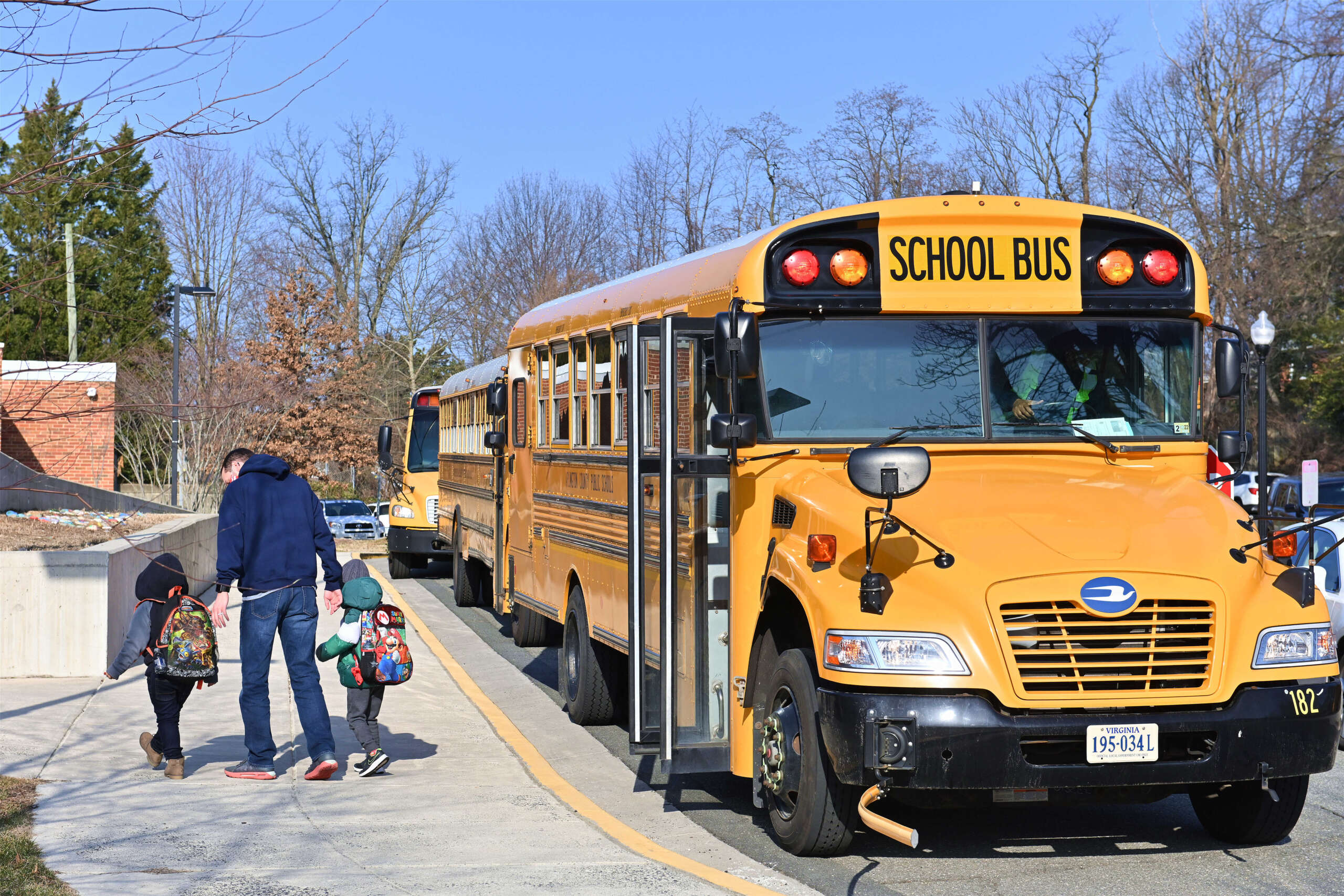
This story was originally published by Labor Notes.
Education unions just won a massive victory in the fight to bring collective bargaining rights to Virginia’s public sector. Workers at the Fairfax County Public Schools voted this week to unionize, creating a wall-to-wall union of 27,500 teachers, custodians, teaching assistants, bus drivers, and more.
The new bargaining unit is one of the largest K-12 unions on the East Coast, according to the National Education Association.
Fairfax County is in Northern Virginia, near Washington, D.C., and the Fairfax County school district is by far the largest in the state.
But many teachers, especially newer ones, live outside Fairfax County because housing there is too expensive. And “a lot of custodians do two or three jobs just to provide for their families,” said Ernesto Escalante, a building supervisor at Crestwood Elementary and an activist in the union drive.
Outlawed for Decades
Public sector collective bargaining has been outlawed in Virginia for decades. Unions were not illegal, but they had no bargaining rights, and had to rely on persuading school boards and legislators.
But in 2021, a new state law lifted the ban. The law, a compromise measure negotiated among not-very-labor-friendly Democratic legislators, didn’t mandate public sector bargaining rights, but instead established a mechanism for counties and municipalities to choose to enable collective bargaining.
Local governments can reject collective bargaining altogether, or pick and choose which workers they will bargain with. They can also decide what they will bargain over.
So far, the Firefighters (IAFF) have won five contracts, as well as Prince William County teachers and support staff with a National Education Association (NEA) affiliate. Richmond schools workers have also organized, as have others. But in Virginia Beach, where some city workers started organizing with the United Electrical Workers before the law was passed, the city council recently rejected an IAFF petition for collective bargaining.
The union behind this week’s big win, Fairfax Education Unions, is a coalition of the local affiliates of the two national teacher unions, the NEA and the AFT. Rather than compete to represent the workforce, the two unions banded together.
After the school board unanimously passed a collective bargaining ordinance, the union launched a petition to demonstrate support for a union drive. Activists and organizers then spent the spring signing up members on union authorization cards, submitting them on May Day.
The election was held at the beginning of June. Eighty percent of the “operational” workers and 96 percent of the “instructional” unit voted yes.
Reluctant at First
How did they win? “On-the-ground organizing got us there,” says Fran Lewandoski, a school social worker with 20 years in. “Person-to-person organizing, recruiting interested people, getting leaders in buildings, providing them with guidance.”
Escalante said that while many custodians knew that their conditions weren’t great, at first they were reluctant to talk about changing them. He experienced a breakthrough when they dug into an issue specific to their work: air conditioning.
The school district turns off the conditioning during the summers — but the custodial staff is still working to clean, paint, and do bigger maintenance on the buildings. By focusing on an issue that workers really cared about, he could get the message across: “If we work together, we can change our working conditions.”
Many people had little knowledge about what it would mean to have a union, or what it would take to get there. For activists like Escalante and Lewandoski, a big part of their organizing work was sharing information about the process and fielding questions.
The union’s petition was a “vehicle for having conversations,” according to Lewandoski, and an opportunity to talk people through the many questions they had.
What’s Next?
After a short celebration, activists are getting to work to prepare for bargaining. Lewandoski and other social workers and school psychologists are meeting next week to discuss priorities for their titles. The union also plans to distribute a bargaining survey.
Escalante says he is excited to advocate for custodian issues at the bargaining table, while working alongside other workers in the school system: “It feels good to work with the teachers — to know they have our backs.”
Lewandoski believes there’s a chance here for real change in people’s work lives. The union drive “elevates the voice of the rank-and-file employees, and that’s a really exciting opportunity,” she said. “It means a lot when people have a say in how their work is structured and carried out.”
This story was originally published by Labor Notes.
A critical message, before you scroll away
You may not know that Truthout’s journalism is funded overwhelmingly by individual supporters. Readers just like you ensure that unique stories like the one above make it to print – all from an uncompromised, independent perspective.
At this very moment, we’re conducting a fundraiser with a goal to raise $37,000 in the next 5 days. So, if you’ve found value in what you read today, please consider a tax-deductible donation in any size to ensure this work continues. We thank you kindly for your support.
-

 News1 week ago
News1 week agoIsrael used a U.S.-made bomb in a deadly U.N. school strike in Gaza
-

 World1 week ago
World1 week agoFrance to provide Ukraine with its Mirage combat aircraft
-

 World1 week ago
World1 week agoWorld leaders, veterans mark D-Day’s 80th anniversary in France
-

 World1 week ago
World1 week agoRussia-Ukraine war: List of key events, day 833
-

 Movie Reviews1 week ago
Movie Reviews1 week agoInsane Like Me? – Review | Vampire Horror Movie | Heaven of Horror
-
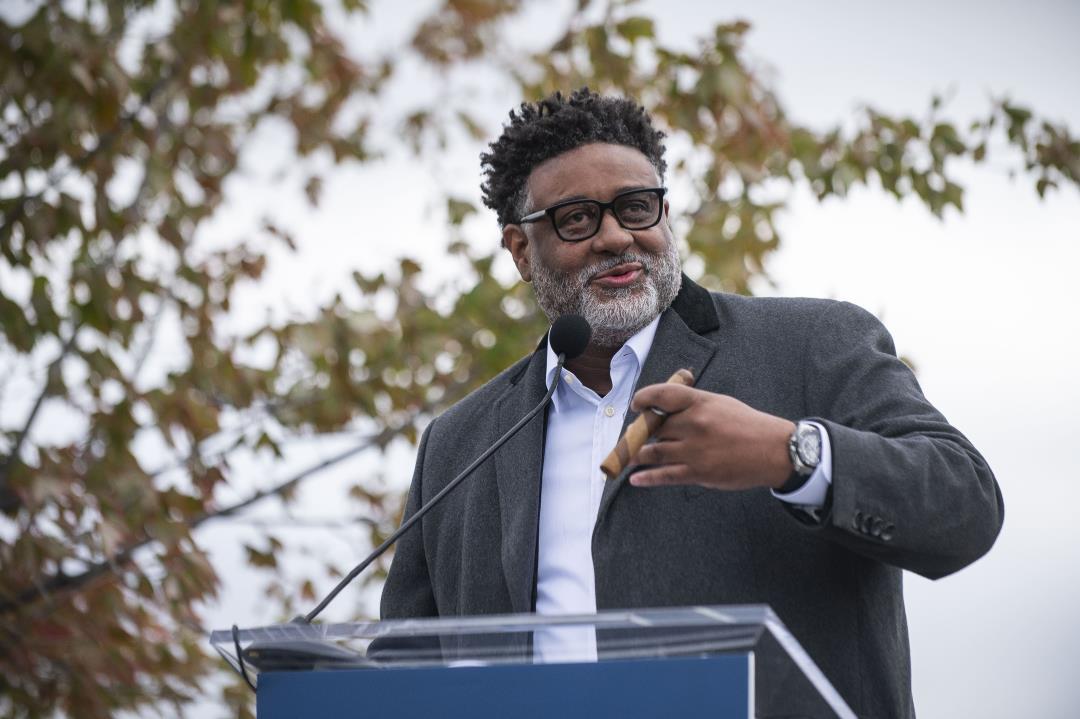
 News1 week ago
News1 week agoNonprofit CFO Accused of 'Simply Astonishing' Fraud
-
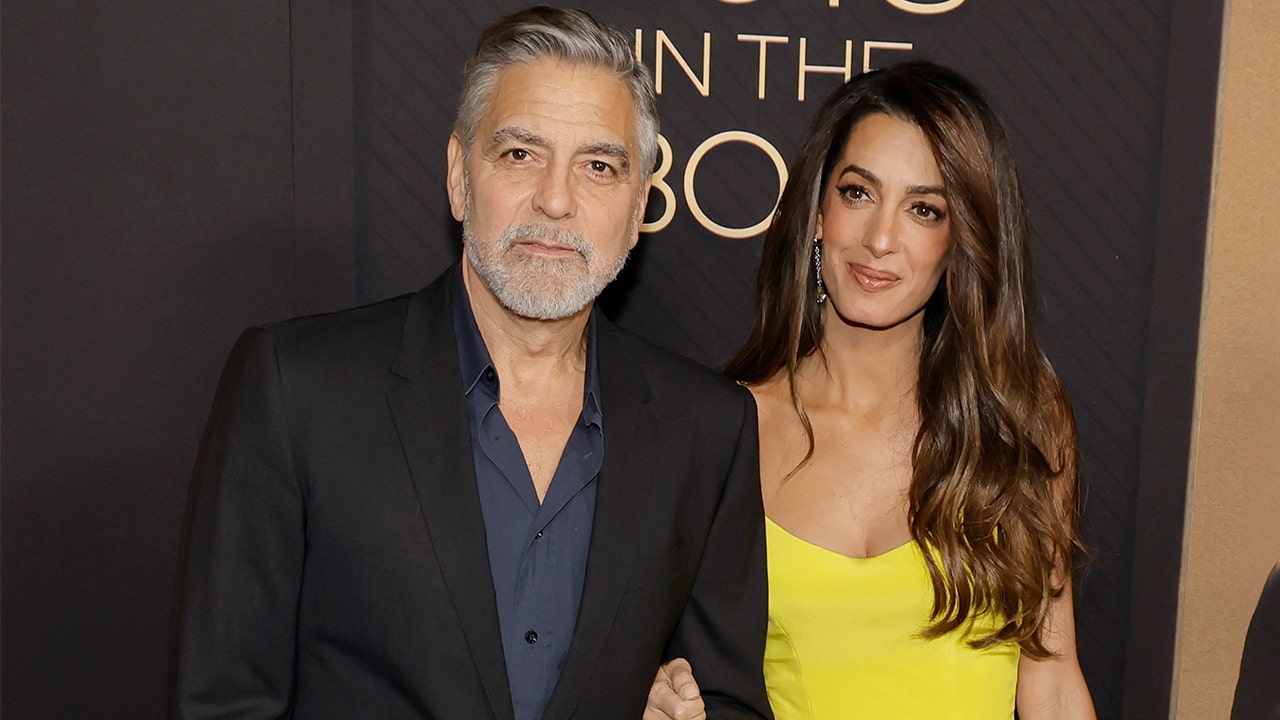
 Politics1 week ago
Politics1 week agoGeorge Clooney called White House to complain about Biden’s criticism of ICC and defend wife’s work: report
-

 Politics1 week ago
Politics1 week agoNewson, Dem leaders try to negotiate Prop 47 reform off California ballots, as GOP wants to let voters decide


